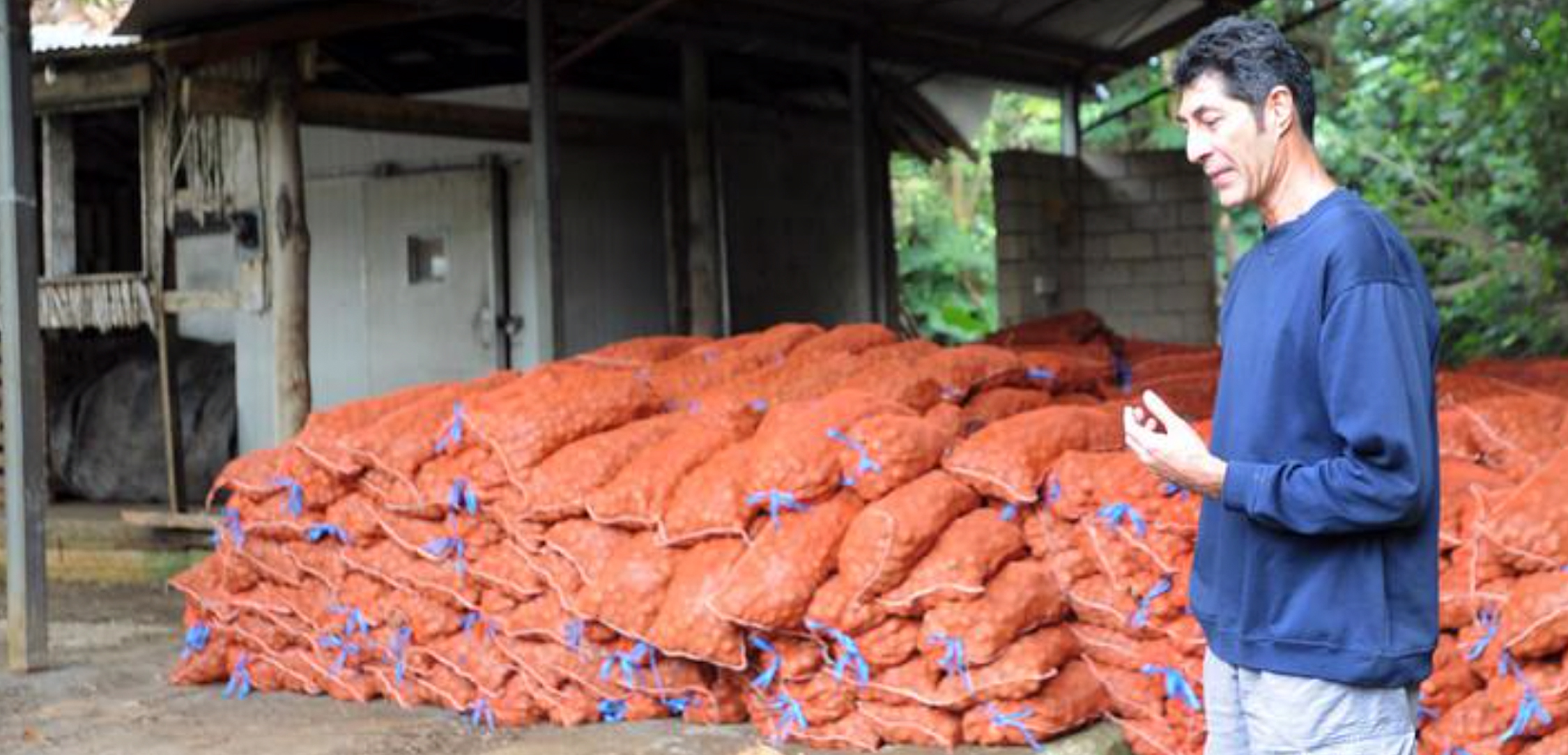November 2019
Addressing Obesity and Non-Communicable Diseases in the Pacific

The founder of Tinopai Farms, Pousima Afeaki says school in the Pacific could potentially change the diets of children and for the better IMAGE: Tinopai Farm
In forty-six countries around the world including Tonga, school feeding programmes are helping reduce the rise in obesity and non-communicable diseases.
PIFON’s Lavinia Kaumaitotoya says the programme is linked to local smallholder farm production that’s providing an opportunity for the agriculture sector.
“Many times we hear of the lack of markets because everyone is focused on the export markets and the domestic municipal markets.”
“School feeding programmes can assist farmers domestically and stimulate growth for the economy while also addressing non-communicable diseases particularly among our children in the Pacific,” she said.
The founder of Tinopai Farms, Pousima Afeaki says Tongan stakeholders are responding to the non-communicable crisis by focusing on non-communicable diseases (NCDs) as a top health care area.
“The Ministry of Health formed a separate division, Tonga Health who are working with our communities to prevent Tongans developing NCDs in addition to caring for those suffering from NCDs.”
“Our nutrition situation in schools across Tonga is dire; the changes in diet from traditional foods to western foods coupled with over-eating and lack of exercise have resulted in an explosion of NCDs,” he said.
“Respiratory disease, diabetes and other NCDs account for almost three in every four deaths, that’s at least 74% of our population.”
Afeaki said school menus in Tonga was also a concern.
“It’s primarily driven by profit and so there’s less regard for health and nutrition components.”
“The students likewise prefer imported snacks which are cheaper and have attractive packaging, their friends are also eating it so there’s also an element of influence from their peers to be consuming these foods,” he said.
Afeaki said school canteens in the Pacific could potentially change the diets of children and for the better.
“Children spend a great deal of their lives at school so there’s a need to ensure that foods and drinks options are healthy.”
“Our staple foods are gluten-free because they are not wheat-based which provide a healthy alternative to the imports,” he said.
“Our cottage industry of locally grown root crops have been turned into chips from traditional root crops like cassava, taro and breadfruit chips and it’s not only gaining popularity locally but providing an incentive for the growth of small to medium agribusinesses in Tonga.”
